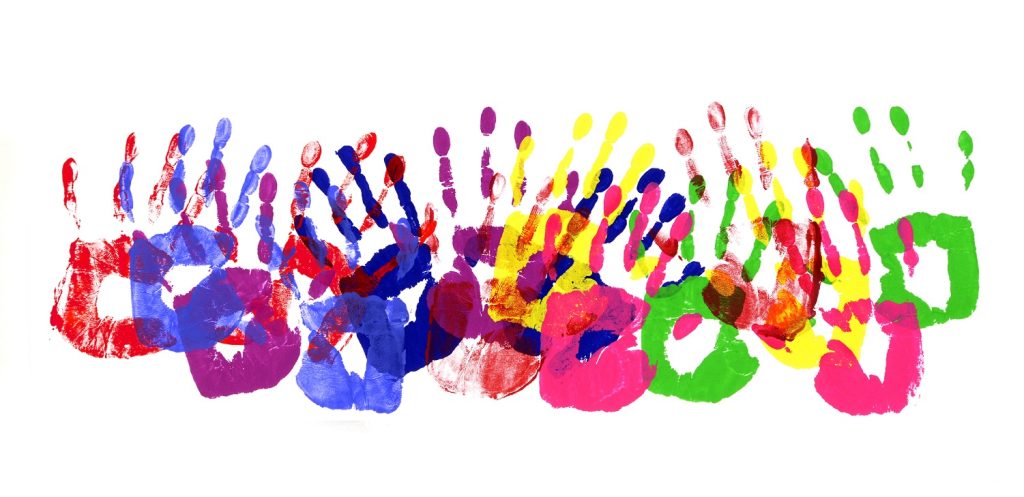What is the deontological code of the minor educator?
He code of ethics of the minor educator is a set of ethical principles and standards of conduct that guide the profession of those who work with children and adolescents in the educational field. This code is based on fundamental values such as integrity, responsibility, respect and promoting the well-being of minors.
It is crucial to understand that the work of a minor educator goes beyond the simple transmission of knowledge. These professionals play a fundamental role in the physical, emotional, social and intellectual development of the children and adolescents in their care. Therefore, a high degree of responsibility and ethical commitment is required to carry out this work in an effective and beneficial manner for minors.

What are the fundamental principles of the educator's code of ethics?
One of the fundamental principles of the deontological code of the minor educator is the I respect. This means respecting the dignity and rights of minors at all times. Educators must treat each child or adolescent with equality and fairness, without discriminating on the basis of race, gender, religion, sexual orientation or any other personal characteristic. Furthermore, they must respect the confidentiality of the information entrusted to them by minors, except in cases where there is a legal duty to report situations of abuse or danger.
- The integrity It is another essential principle in the code of ethics. Educators must act with honesty and sincerity in all their interactions with children, their families and their colleagues. This includes the obligation to provide accurate and complete information, as well as to acknowledge and correct any errors made. Trust is a fundamental component in the relationship between educator and minor, and integrity is essential to maintain that trust.
- The professionalism It is another key aspect of the code of ethics. Educators of minors must commit to maintaining high standards of competence and ethics in their work. This involves continuing your training and professional development, as well as following relevant policies and regulations in the educational field. They must also avoid any conduct that could jeopardize their professional suitability or damage the reputation of the profession.
- The safety and well-being of minors They are priority concerns in the code of ethics. Educators have the responsibility of creating a safe and healthy environment for minors, where their comprehensive development is promoted. This involves taking measures to prevent and address harassment, abuse or any other form of mistreatment that may affect minors. Additionally, educators must be alert for signs that a child may be in danger and take appropriate measures to protect them.
- The impartiality It is a principle that should guide educators' decision-making. They must act fairly and equitably, avoiding favoring one minor over another or showing unjustified preferences. Decisions related to evaluation, discipline or any other aspect of education must be based on objective and fair criteria.
- The professional ethics It is a central component of the deontological code of the minor educator. This involves complying with all applicable laws and regulations in the educational field and following the policies and procedures of the institution in which they work. Additionally, educators must be transparent in their conduct and avoid any conflict of interest that could compromise their impartiality or integrity.

Finally, the collaboration and teamwork These are values that are also promoted in the code of ethics. Educators must work together with other educational professionals, as well as with the families of minors, to guarantee an environment of support and cooperation that benefits children and adolescents. Effective communication and collaboration can contribute significantly to children's educational success.
If you want to continue training in Intervention with minors, know all the details in our Postgraduate in Intervention with Minors.




